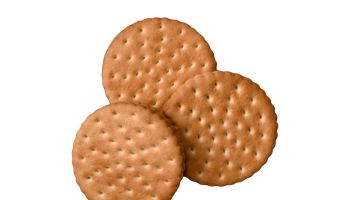So dieting is hard because people haven’t learned the difference between willpower and commitment to long-term behavior change.
2. Long Term Success
The main problem with diets is that many simply don’t work long-term. People often find that they can’t stick with a diet for a long period of time. This is likely due to the fact that many diets aren’t realistic, are too restrictive, too costly, too complicated, or too inconvenient to maintain. Additionally, we’re hard-wired to like foods that are high in fat and carbohydrates. Simply put: our taste buds and our brains enjoy fat and sugar.
3. Not Feeling Full
Fat in food slows down stomach emptying, which helps increase the feelings of fullness and satiety after a meal. Many popular diets are too low in fat, leaving you hungry soon after eating. These extremely-low-fat diets don’t work because you eventually overeat to compensate. On the other hand, some diets advocate going very low-carbohydrate. Again, these diets usually aren’t successful because our bodies need a certain amount of carbohydrates to function properly. Diets that are too low in carbohydrates leave you feeling fatigued and moody. This happens because carbohydrates are the body’s preferred form of fuel needed for immediate energy (particularly for the nervous system). Additionally, carbohydrates stimulate the production of the neurotransmitter serotonin, which helps boost mood.
4. Calorie Count
Another reason some diets don’t work is due to the fact that they’re way too low in calories. Your body needs a certain number of calories each day just to maintain normal metabolic functioning. Your lungs, brain, heart, muscles, digestive system, nervous system and cardiovascular system all require calories to work properly. If you drastically cut calories–as people often do when they diet–your body thinks it’s starving and it down regulates how many calories it needs at rest because it’s trying to conserve energy. Also, when you lose weight as a result of severely cutting calories, you’re likely losing lean muscle mass rather than fat. Because muscle burns more calories at rest, your body wants to rid itself of that and hold onto fat for energy. Then, as soon as you return to your old eating habits, the weight quickly piles back on.
We need to reconsider the way we think about food. Rather than thinking about temporarily going on some hot new diet to shed excess weight or achieve some other aspect of wellness, we should be thinking about making achievable, realistic changes that we can sustain for a lifetime.
4 Reasons Your Diet Won’t Work was originally published on blackdoctor.org
























